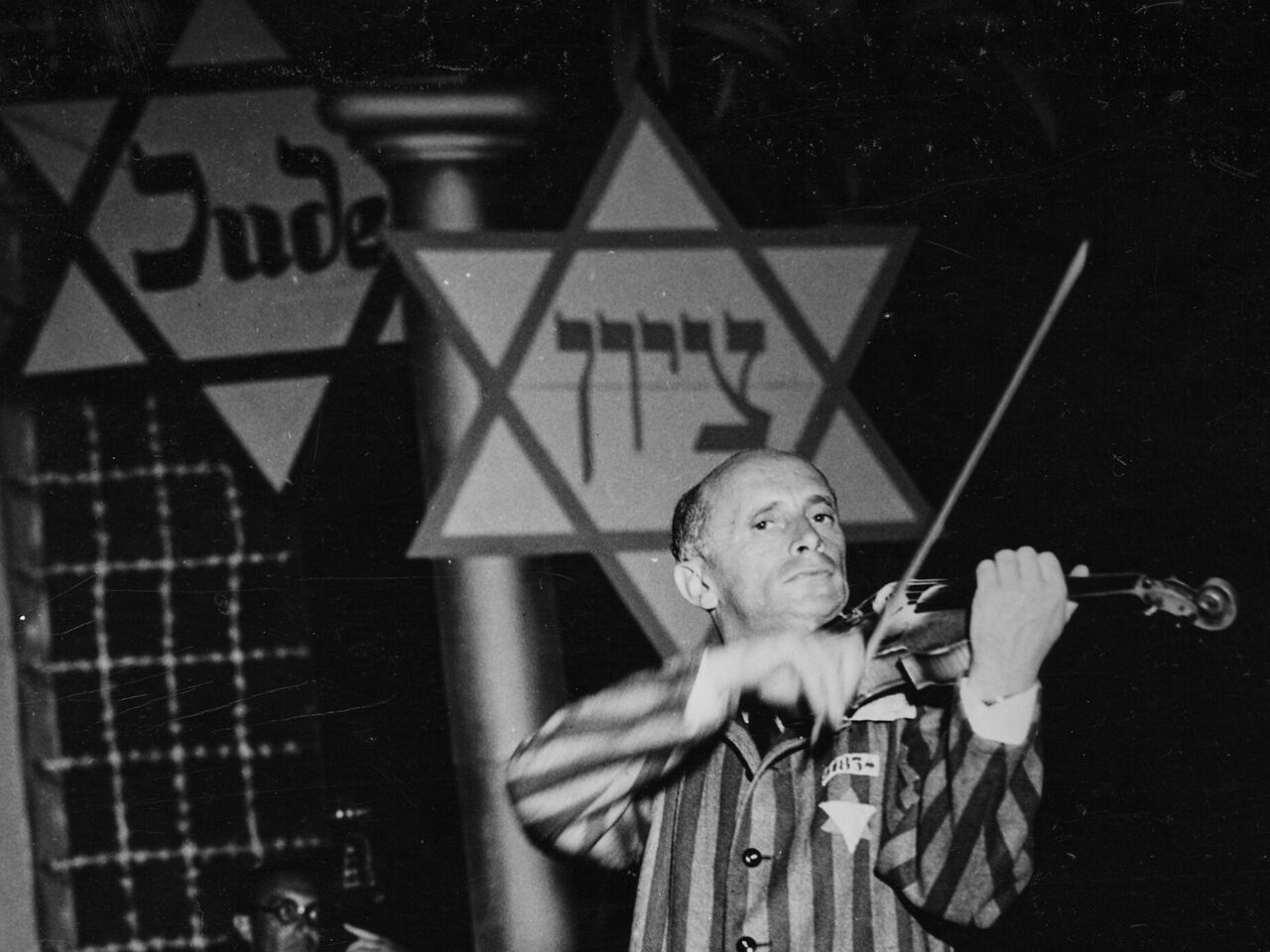Beyond education, the arts and cultural sector is facing its own emergency, with event cancellations, lack of revenue, mass job losses and venue closures. Although the UK government eventually promised a support package for the arts, the announcement came late (in July, when venues had already been closed for months, and with many practitioners out of work). In general, we get the impression that those in charge of national curricula and funding and ‘restructuring regimes’ don’t appreciate the value of the arts, humanities and creativity.Practitioners, scholars and institutions in the arts and humanities are accustomed to this lack of government appreciation for the value of their work. We have also become familiar with a variety of attempts to defend these pursuits. Some operate within the terms of the dominant ‘economic value’ framework. They seek to show, for example, that universities are already ‘an engine of growth’, that the arts and humanities train students in useful ‘transferable’ skills, which make them highly employable, and that the creative industries make a significant contribution to the economy. We also hear that the arts and humanities are instrumental in fostering a robust democratic culture, as well as for the population’s mental and physical wellbeing. Some defences focus primarily on the noninstrumental value of pursuits in the arts and humanities – not (or not only) as a means to some other worthwhile end, but as ends in themselves.However, another simple but powerful way of thinking about the value of these pursuits is to recognise and acknowledge that they are, in fact, valued. As we have seen, they matter to people, as sources of meaning and beauty, of hope and solace, of escape and liberation. They matter to people as expressions of their humanity, tenacity, love and defiance. In short, people actually do value them, and want them in their lives.What’s more, they’re valued at moments of crisis, and they’re valued by people who have so much to teach us about what matters. Their experiences have afforded them a special kind of knowledge about humanity and inhumanity. As Boochani puts it, the refugees in Manus prison have changed their ‘understanding of life’ and this ‘needs to be considered in terms of epistemology’. The writers discussed here were persecuted, forced from their homes, separated from their loved ones, stripped of their possessions, their dignity, and in some cases their sense that they would live to see another day. Even in the most desperate of these accounts – Night – and in the darkest of places, Wiesel describes the dying Juliek’s rendition of Beethoven on the violin as the most beautiful sound he had ever heard. These insights from people who felt compelled to record their experiences – who, in the words of the French writer and concentration camp survivor Robert Antelme, ‘wished to speak, to be heard at last’ – carry a special kind of weight. ‘Only those who experienced Auschwitz know what it was,’ writes Wiesel. ‘Others will never know.’ The rest of us will never know, but we can and must listen.
Emmanuella Grinberg on the 1945 St. Ottilien Archabbey Liberation Concert ...
At the 2018 concert, I came to understand the 1945 liberation concert as an expression of a particular kind of beauty that comes from overcoming immense pain and sorrow. My heart ached for my grandparents and other survivors as I tried to comprehend their state of mind in this transitional period. Although they were no longer prisoners of war, they nevertheless faced an uncertain future. Anti-semitism in Europe did not end with the defeat of the Third Reich, and some Allies maintained the strict immigration quotas that prevented Europe’s Jews from fleeing Nazi persecution. As such, historians see parallels between the plight of the Jewish DPs and today’s global refugee crisis.For these survivors, it was a period of renewal, but also an era of continued struggle and conflicting visions for the future. In a speech at the 1945 concert, my grandfather described the surviving remnant’s tenuous state.“We are free now, but we do not know how, or with what to begin our free yet unfortunate lives,” he said in German, a language he picked up from his captors. “It seems to us that for the present mankind does not understand what we have gone through and experienced during this period. And it seems to us that we shall neither be understood in the future.”












































































































































































No comments:
Post a Comment